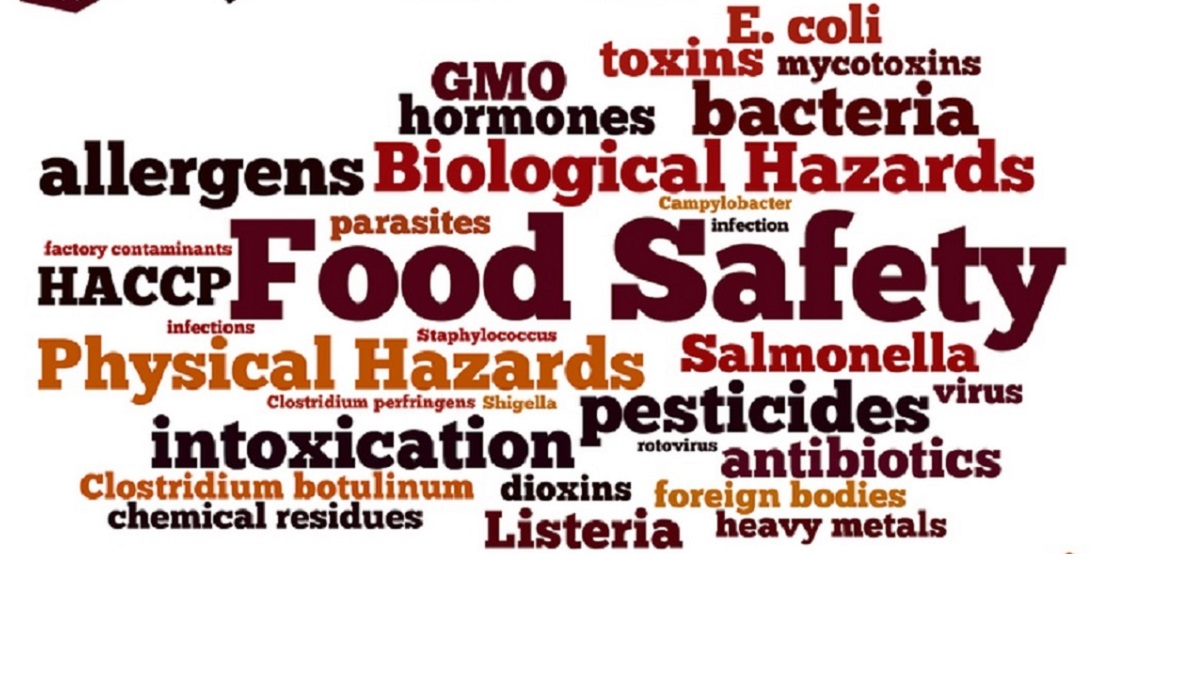The Food and Agriculture Organization of the United Nations (FAO) is helping to improve public health and food safety in Zimbabwe.
The FAO has trained environmental health personnel in the country on food safety risk analysis, focusing on risk assessment, risk management and risk communication.
Based on the FAO/WHO Food Safety Risk Analysis Guide for National Food Safety Authorities, FAO and the government of Zimbabwe have trained 311 food inspectors since November 2021.
Efforts fall under the European Union-funded Transforming Zimbabwe’s Animal Health and Food Safety Systems for the Future (SAFE) project, part of the Zimbabwe Agricultural Growth Program (ZAGP).
“It is important to have a well prepared food inspection service that can achieve rapid and cost-efficient control of hazardous foods,” said Victor Nyamandi, director in the Department of Environmental Health Services, Ministry of Health and Child Care (MoHCC).
Focus on education
Speaking about training in April, Nyamandi said: “Overall, the training strengthened the capacity and skills of environmental health officers in the ministry, on the application of risk based approaches during food safety inspections, including familiarizing participants with notions of risk, food and hazard combinations.”
An environmental health curriculum has been launched to improve food safety knowledge, behaviors, attitudes, and skills of Zimbabwe’s public health officers.
Nyamandi said it offers standardization to international best practices and includes new practical based modules like emergency preparedness and disaster management, monitoring and evaluation plus meat hygiene and inspection.
Margaret Tawodzera, MoHCC food safety manager, said that workshops enhanced the ability of inspectors to identify high-risk foods or preparation processes as well as enabling them to focus on those foods or processes that are more likely to cause foodborne illness if uncontrolled.
The project also covers development of documents such as the country’s food safety strategy, food establishments’ minimum health guidelines and food recall regulations.
“FAO under the SAFE project is also assisting the Department of Environmental Health Services to develop standard operating procedures, capacity building through procurement of food inspection kits and development of a food safety and port health information management system,” said project coordinator Basil Mugweni from the FAO.
Wider FAO work
The FAO is also part of efforts to educate food safety professionals in East Africa.
FAO, the International Livestock Research Institute (ILRI) and Lloyd’s Register Foundation, recently held a workshop with the Inter-University Council of East Africa and local experts to establish benchmarks for undergraduate food safety programs in the region.
Following a survey of stakeholders from countries including Burundi, Kenya, Rwanda, South Sudan, Uganda and Tanzania, the group mapped core competencies expected of food safety graduates, with learning objectives for knowledge; practical, cognitive and interpersonal skills as well as attitudes. Learning objectives were aligned with university courses that could prepare students to meet these targets.
Jeffrey LeJeune, FAO food safety officer, said the work has identified skills and learning objectives for graduates that are specific to the region and involve science.
“For example, experts prioritized the need to train students in a holistic or One Health approach, including skills in communication and behavioral sciences, to be able to address complex issues in food systems such as emerging foodborne diseases and the ability adapt to new technologies and tools, such as bioinformatics, to predict, prevent, detect, control, and respond to foodborne disease threats.”
(To sign up for a free subscription to Food Safety News, click here.)

